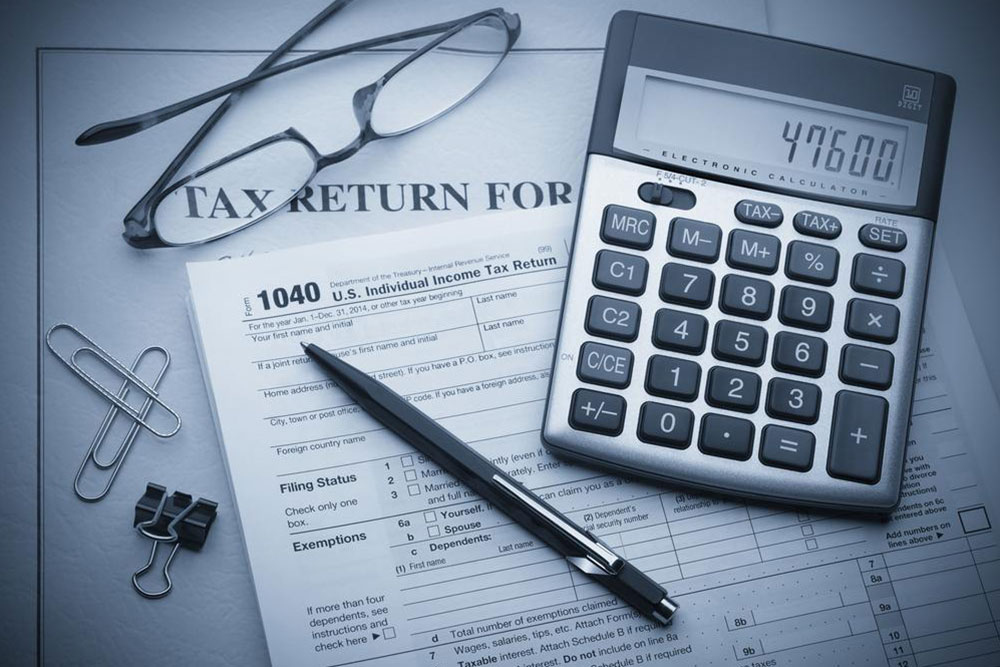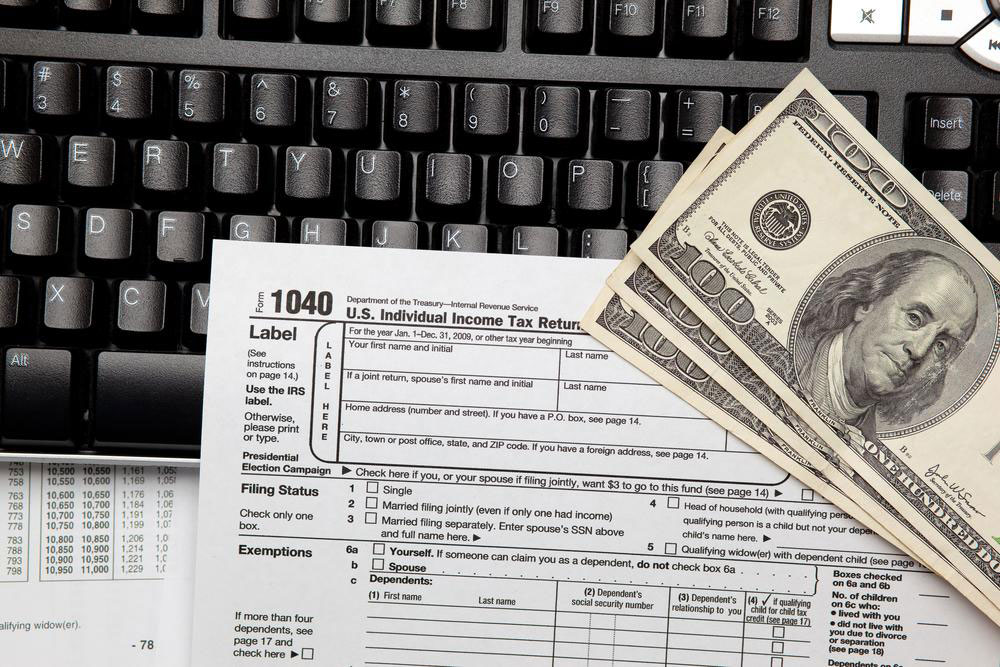Guide to Claiming Tax Benefits on Noncash Charitable Donations
This comprehensive guide explains how to maximize tax benefits through noncash charitable donations. It covers documentation, valuation methods, acknowledgment requirements, and special rules for high-value and large assets like vehicles and securities. Properly managing these donations ensures full compliance and optimal tax deductions, saving donors money while supporting worthy causes.
Sponsored

Understanding Tax Benefits for Noncash Donations to Charities
Giving to charity not only supports community initiatives but can also provide tax advantages during filing season. Besides monetary contributions, donations of items like clothing, household goods, real estate, and vehicles are eligible for tax deductions. While cash gifts are straightforward to document, noncash donations may require additional paperwork, including appraisals and acknowledgments, to satisfy IRS requirements. Proper documentation ensures your donations qualify for deductions and can maximize your tax savings. If you're planning to donate noncash items but are unsure of the process, here are essential tips to simplify your claim.
Keep reading for important guidelines that can help streamline your tax deduction process for noncash charitable contributions.
Prepare a detailed inventory of the items you intend to donate, including descriptions, the estimated value, donation date, and the recipient charity’s name and address. Record the valuation method used, as you'll need this information for IRS Form 8283 when claiming deductions.
Verify that each item is in good condition and determine its accurate value. Items must be functional to be eligible for a deduction—damaged or broken goods typically do not qualify. For general items like clothes or furniture, consider using valuation guides from organizations like Goodwill or Salvation Army. Save receipts for new items to substantiate their worth.
The IRS approves deductions only for items in working condition. For high-value donations exceeding $250 but below $5,000, you must obtain a written acknowledgment from the charity detailing the items without assigning a monetary value. This acknowledgment should specify whether any goods or services were exchanged in return for your donation and describe the donated items along with their estimated worth.
Food and groceries donated to charities can also be deducted—just ensure you retain store receipts and obtain written acknowledgment from the organization. While photographs of your donations are not mandatory, taking pictures is advisable, especially for large donations, as they can serve as supporting evidence during audits.
Creating a simple receipt when handing over goods is a practical way to support your claim. For donations valued over $5,000, an official appraisal by a certified appraiser is required, along with a donation receipt from the charity. Note that donations of publicly traded securities do not require appraisals.
Special rules apply for donating boats, planes, and vehicles. In such cases, IRS considers the sale proceeds from the charity's sale of the asset rather than its fair market value, which could impact the deduction amount.






